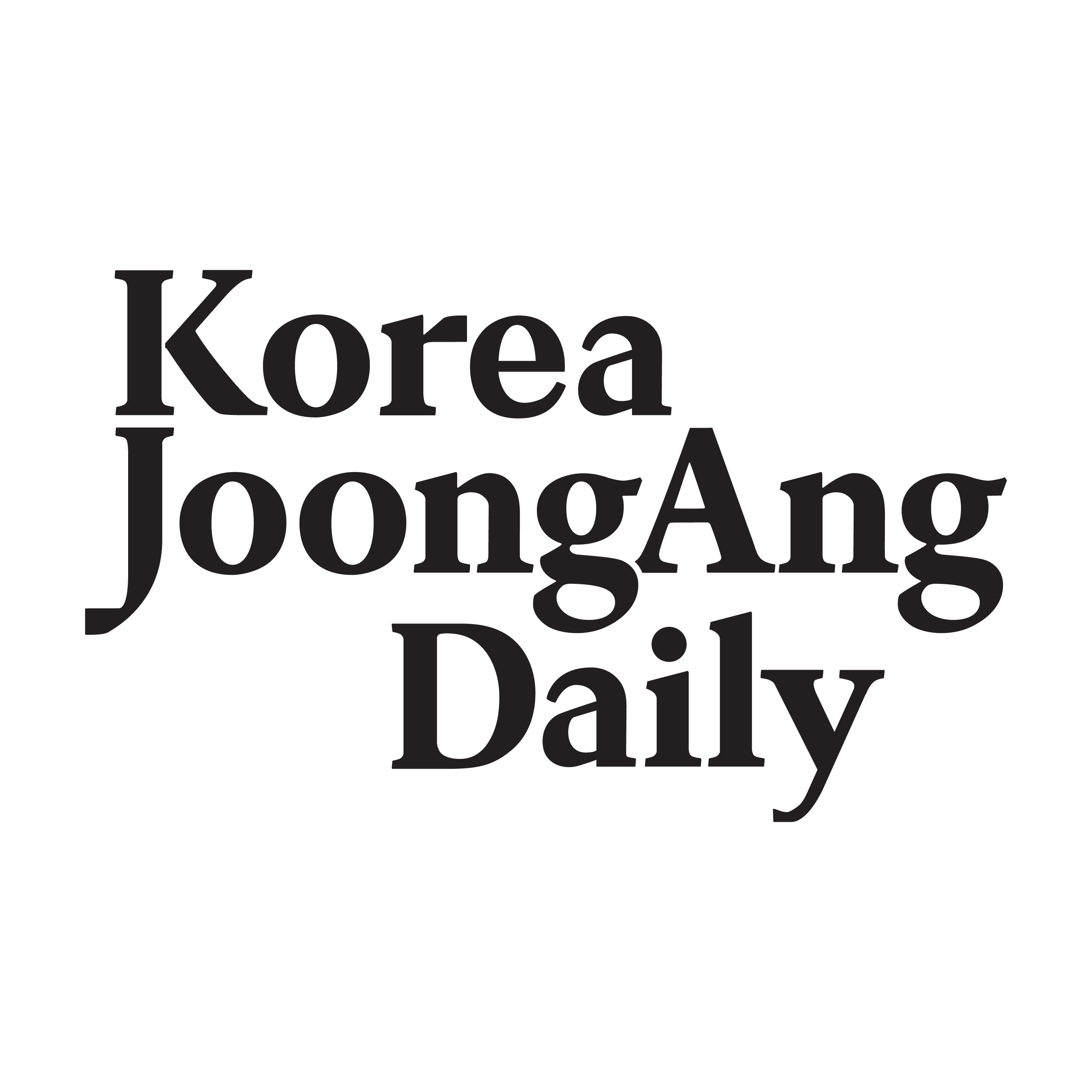Listen " Expectations for the committee on popular culture exchange"
Episode Synopsis
Kim Eun-mi
The author is a professor of communications at Seoul National University.
The global appeal of Korean culture continues to grow. In English-language novels, Korean neighbors and friends appear in everyday settings, even when the story has nothing to do with Korea. In London, Korean-style pubs are as common as Starbucks outlets are in Seoul. The animated film "KPop Demon Hunters" subtly integrates Korean culture throughout its storyline. The global curiosity toward all things Korean - once selective - is now almost automatic. No government branding campaign ever achieved this level of cultural influence. It began with the rise of K-pop and K-dramas.
Against this backdrop, the Presidential Committee on Popular Culture Exchange has been launched. The committee aims to chart policy directions for popular culture and expand Korea's cultural presence globally. Notably, it focuses not just on promoting Korean content but on fostering mutual exchange - a meaningful policy shift. In today's interconnected world, culture transcends nationality or origin. The very act of sharing and blending defines global culture. To ensure the committee brings real change, policymakers must clarify what cultural policy can and cannot achieve.
Cultural policy can cultivate fertile ground, but it cannot dictate what will grow. Since the 1990s, government-led K-culture initiatives have often supported animation and character industries more than music. At times, policy emphasis even shifted from popular culture to traditional arts. Yet the essence of culture industries lies in their unpredictability. Whether in music or film, no one can fully forecast public taste. Even data-driven platforms like Netflix fail to predict what will become a hit. In Hollywood, one or two blockbusters typically offset the cost of 10 productions. Popular success often depends not only on the intrinsic quality of a work but on how quickly it captures public attention and conversation. It is hard to distinguish whether a good work will become popular - or a popular work become good - since people tend to like what those around them already enjoy.
For this reason, the success of the Korean Wave must be understood as a digital-era phenomenon shaped by media diffusion rather than government planning. Designing policies to determine which genres or creators should receive support is inherently difficult. What cultural policy can - and should - do is sustain diversity and creativity over the long term rather than chase immediate results.
First, policies must be simple yet consistent. Because cultural output is difficult to quantify, it is easily influenced by political shifts and power networks. The problem is not just censorship, as seen in past "blacklist" controversies, but also the recurring pattern of leadership reshuffles with each new administration. Such factional practices are particularly damaging to the cultural ecosystem.
Second, maintaining diversity within the creative community is vital. Short-term event-driven programs that push creators toward a single trend risk long-term stagnation. Many successful cultural works blend familiarity with novelty. Netflix's period zombie series "Kingdom" (2019), for instance, appealed to Western audiences through a familiar genre while incorporating the fluid movements of Korean dance into its zombie choreography - creating a distinctive visual experience. Likewise, the committee should support nonmainstream and subcultural creators who may lack market appeal today but enrich the broader ecosystem. Even if measurable outcomes are modest, resources should be prioritized for young creators whose perspectives differ from those of older generations.
Third, the committee should focus on infrastructure that private actors cannot easily build - modern performance venues, training programs for creative talent and copyright systems adapted to new technologies. Establishing performance indicators that assess long-term policy ou...
More episodes of the podcast Korea JoongAng Daily - Daily News from Korea
The Thames and the Han River
24/10/2025
The crisis will return
24/10/2025
From a single truck to a logistics giant heading to space, Hanjin Group charts its next century
23/10/2025
Immigrants and the Nobel Prize
23/10/2025
 ZARZA We are Zarza, the prestigious firm behind major projects in information technology.
ZARZA We are Zarza, the prestigious firm behind major projects in information technology.
